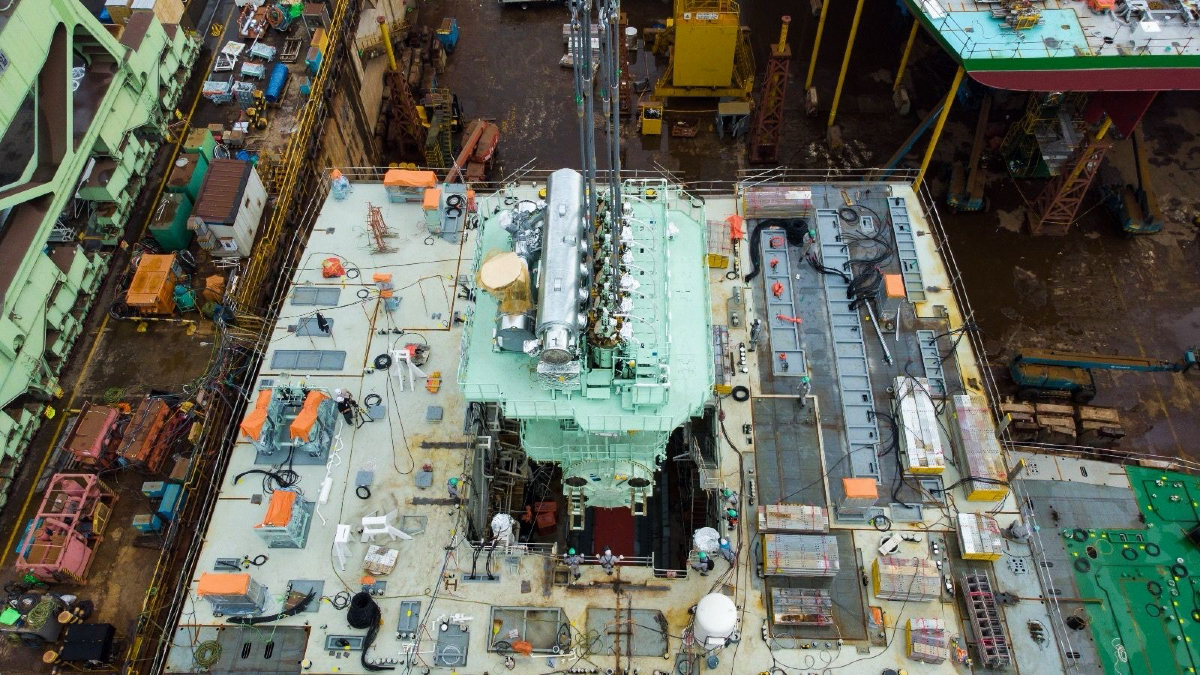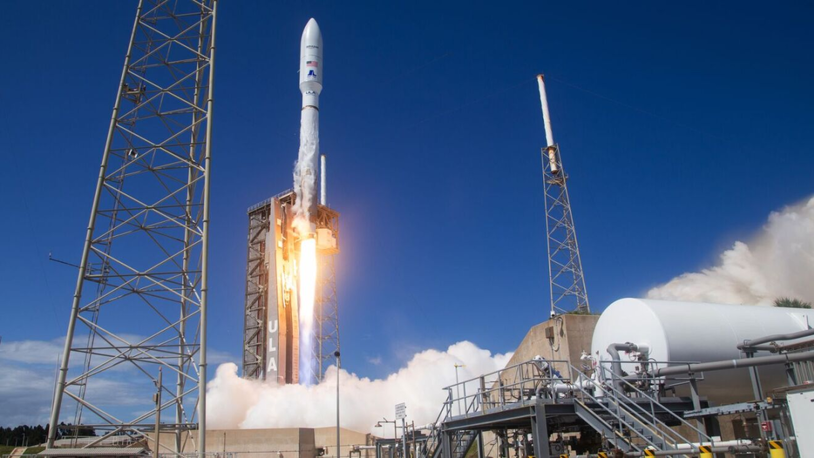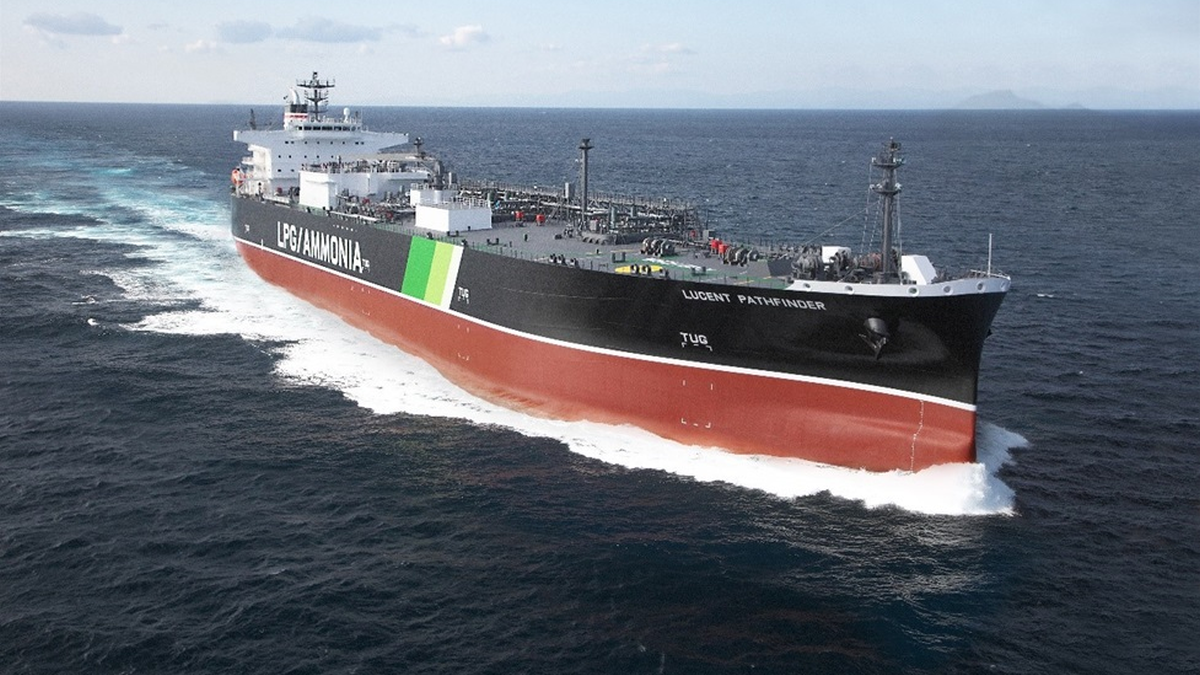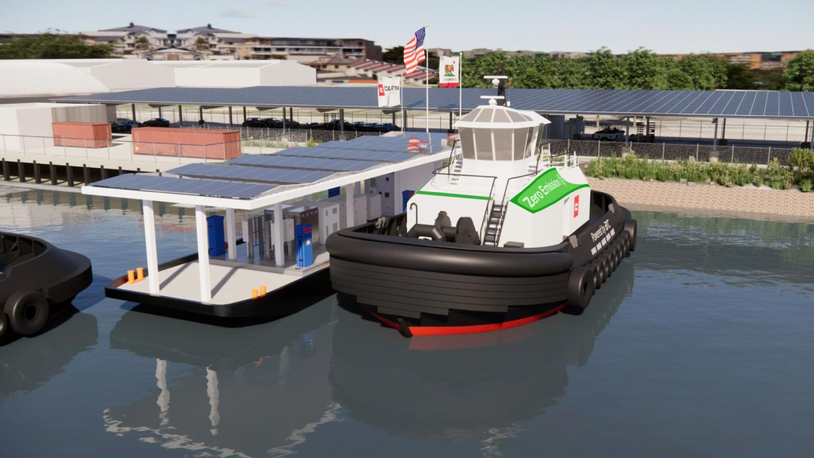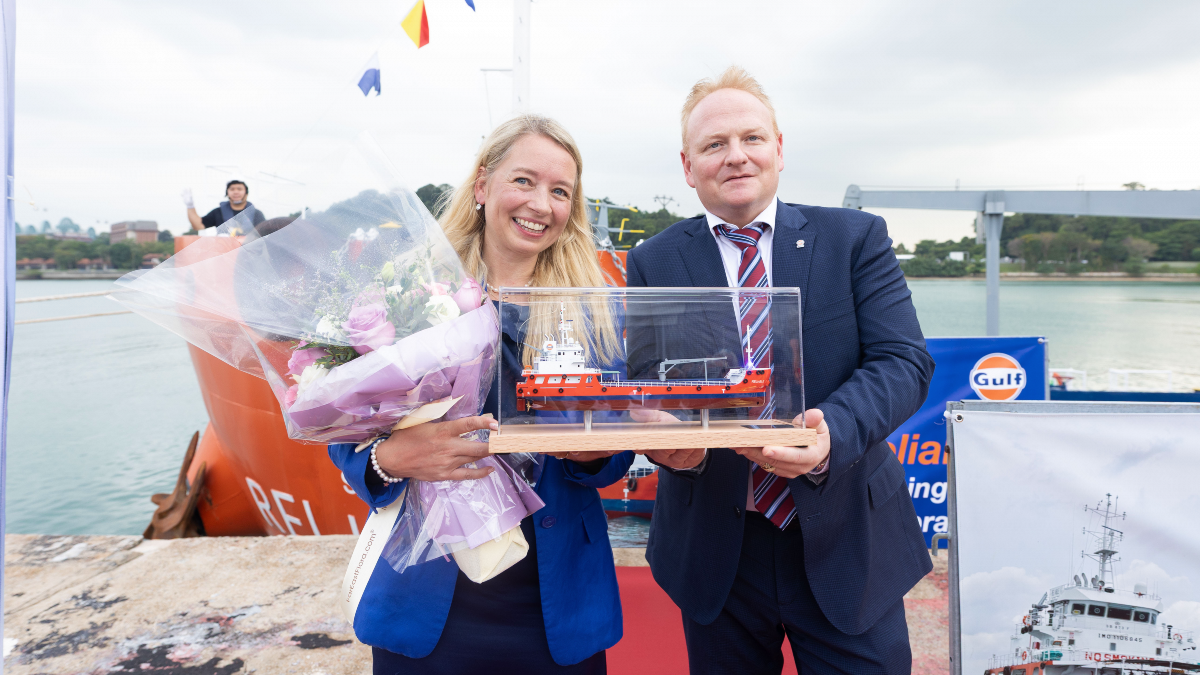Business Sectors
Events
Floating energy: successfully unlocking stranded gas using FLNGs and FSRUs
Contents
Industry survey shows switch to low sulphur fuel has not been without problems
BIMCO, International Chamber of Shipping (ICS), Intercargo and Intertanko have published the results of an industry survey aimed at getting an overview of how the industry has experienced the transition to using compliant low sulphur fuel oil since 1 January 2020
The survey, targeted at shore-based personnel, was launched on 24 February 2020 and ended on 6 May 2020, with the main focus of the survey on properties in IMO 2020 compliant fuel oil that could lead to issues.
The survey focuses on potential problems such as increased sludge discharge, clogging of fuel pipes, preheaters, fuel separators and fuel filters, fuel pumps getting stuck, problems with fuel injection and poor ignition of fuel oil.
Other issues considered are incomplete combustion, wax appearance and increased wear and tear of cylinder liners – problems that could lead to loss of propulsion and/or black out.
Some 86% of respondents reported experience with off specifications or poorly performing fuel. More than half, 55% of respondents reported problems with sludge formation which can clog fuel lines and filters. About a third reported wear and tear problems to cylinders caused by cat fines and experienced wax formation, 10% reported blackouts or propulsion failures related to fuel oil properties and 22% said problems with fuel properties had caused the fuel to be debunkered.
The survey results further indicate that the global transition to low sulphur fuel has faced challenges with fuel characteristics and limits being off specification for total sediment, aluminium plus silicon, pour point, ash, flash point, acid number and viscosity.
As fuel oil properties are fluctuating, quality and safety issues will continue to arise for the shipping industry.
BIMCO manager for marine evironment Christian Bækmark Schiolberg said “The survey gives us valuable insight into the magnitude and nature of problems encountered by the industry in the transition to using low sulphur fuel oil. The industry had widespread experience with how to manage heavy fuel oil, and the survey provides insight into which parameters of the new fuel types are posing the biggest challenges for onboard fuel management.”
Results indicate that when commercial fuel oil samples are tested after bunkering, sulphur content is among the most frequent parameters to be indicated as off specifications and consequently, an indication of potential non-compliance with MARPOL Annex VI.
In recent months, Riviera has hosted a number of webinars with experts who have discussed the challenges of using VLSFOs including fuel procurement and engine maintenance.
Related to this Story
Events
Maritime Regulations Webinar Week
Floating energy: successfully unlocking stranded gas using FLNGs and FSRUs
© 2024 Riviera Maritime Media Ltd.




